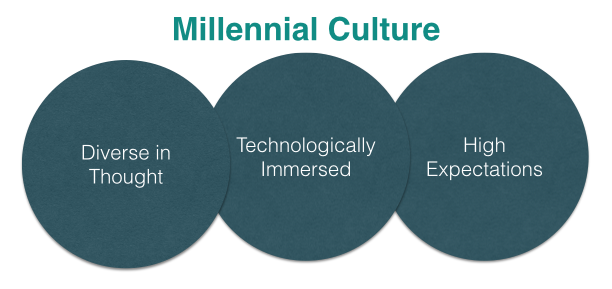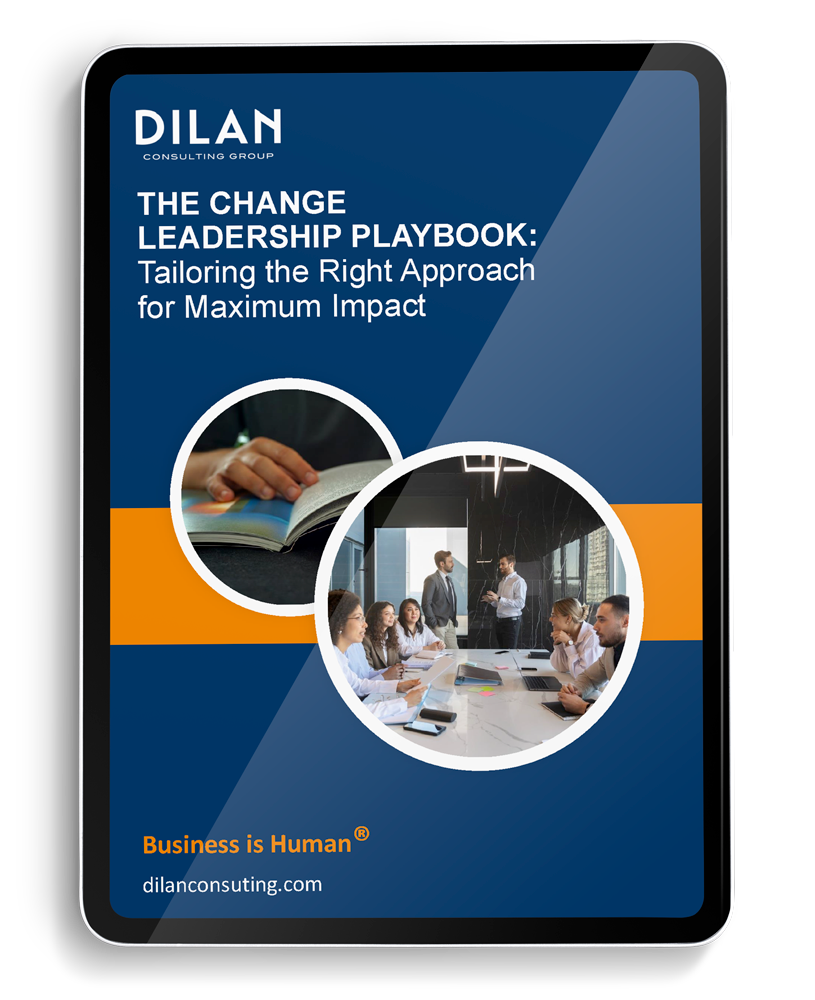The millennial generation, unlike any before it, is receiving an unprecedented amount of media attention given the growing awareness that they will increasingly comprise a significant portion of the workforce over the next five to ten years. Despite the growing research touting how the generations are different and should be treated differently, have you ever wondered if they really are? If so, the results of the 2014 Millennial Impact Report by Achieve may help to shed some light because it highlights the attitudes about work culture, relationships and resources and their role across the work lifecycle (from hire to retention).
However, if you have been reading the research on employee engagement or have read some recent bestselling business books, then you may have noticed that the so-called millennial differences are perhaps not so unique after all. We venture a little further in our hypothesis by proposing that the changes we are seeing are more a function of the now changed psychological contract between employers and employees.
Gone are the days of climbing the corporate ladder on your way to a golden handshake. In their absence, today’s employees want continuous learning as a way to secure their futures. They are spending long hours at work with recent data from the Federal Reserve Economic Data Report (2013) confirming that Americans work more hours a week than any other industrialized nation. So while employees have come to accept that technology can blur the boundaries between personal life and work, they have also realized the value of meaningful relationships in the workplace as well as the importance of work that helps to make the world a better place.
Furthermore, it is no coincidence that both of these factors probably also make the work itself and the continuous demands on their personal time a lot more tolerable or enjoyable. In other words, building deep relationships and contributing to “cause work” is likely a buffer against the stressors that might normally lead to decreased engagement, burnout or quitting a job.
Let’s begin by taking a look at the idea of cause work and how the Achieve report says it plays an important role in hiring, retention and shaping culture. We believe all of this to be true. In addition, we propose that this is not a new idea. In his book Drive, Daniel Pink (2009) wrote about what he called the surprising truth about what motivates us. He explains that we are all motivated intrinsically toward autonomy, mastery and purpose. He further explains that “our deep-seated desire to direct our own lives, to extend and expand our abilities” is the new key to high performance.
Similarly, Sirota (2005) in The Enthusiastic Employee introduced the Three Factor Theory of Employee Engagement, which describes the need for Equity, Achievement and Camaraderie in order to improve and maintain positive employee engagement. Specifically, the Achievement factor in his theory speaks to the need to take pride in one’s accomplishments by doing things that matter and doing them well. Even Christina Maslach and Michael Leiter as early as 1997 were writing about the importance of “meaningful and valued work” in The Truth About Burnout as a means to improve engagement and reduce stress.
An additional finding from the Millennial Impact Report indicates that employees prefer to work with fellow employees as part of this cause work, which likely has an impact on engagement and decreases turnover. This echoes similar ideas proposed by Sirota (2005) who spoke of camaraderie, Pink (2009) who focused on “communities being unified around a common purpose” and Maslach and Leiter (1997) who discussed “a sense of community.”
The bottom line is that we are not disagreeing that these are all important variables but that to say that they are strictly engagement indicators for the millennial generation might be a missed opportunity in that Benko and Anderson (2010) in The Corporate Lattice speak to an oncoming convergence of needs between the generations. And, indeed most of the research on engagement also echoes many of the other key findings of the Millennial Impact Report.
In conclusion, the 2014 Millennial Impact Report adds great depth to our knowledge of what makes Millennial employees tick; however, we think it is an error to assume that it describes only the Millennial generation and believe this data is actually applicable across the spectrum to all employees signifying additional data in a shift in the psychological contract between employers and employees. Furthermore, we think this topic is only beginning to be understood and requires additional study in order to understand its long-term implications for how we work and live.
This article was first published in the APA Center for Organizational Excellence: Good Company Newsletter (August, 2014).




